|
The shortlist for the prestigious 2016 Miles Franklin Literary Award, announced Sunday by Perpetual and Copyright Agency’s Cultural Fund, will take lovers of Australian literature on an emotional journey, allowing readers to celebrate and reflect on Australian life – the good, the bad and the ugly. These exceptional novels reveal observations about the fabric of modern day Australian society. They confront misogyny, the aching intensity of the outcast, the devastating affect of European settlement on Aboriginal culture, the challenging experiences of Australian immigrants and the oppressive weight of grief. As Miles Franklin herself intended, they challenge how we look at ourselves - both personally and as a country. Lucy Treloar, A.S. Patric, and Myfanwy Jones – all nominated for the first time - join authors Peggy Frew and Charlotte Wood on the shortlist for the 2016 award, which aims to recognise uniquely Australian literature that presents Australian life in any of its phases. The winner of the Miles Franklin Literary Award 2016 will be announced at the Melbourne Writers Festival on 26 August 2016 and will receive $60,000 in prize money for their novel judged as being ‘of the highest literary merit’ and which presents ‘Australian life in any of its phases’. Each of the 2016 shortlisted authors will receive $5,000. The 2016 Miles Franklin Literary Award shortlist is: A quietly powerful and haunting novel, full of the aching intensity of the outcast, rendered in pitch-perfect tone and heartbreakingly believable.It is the winter of 1985. 'Hope Farm' sticks out of the ragged landscape like a decaying tooth, its weatherboard walls sagging into the undergrowth. Silver's mother, Ishtar, has fallen for the charismatic Miller, and the three of them have moved to the rural hippie commune to make a new start. At Hope, Silver finds unexpected friendship and, at last, a place to call home. But it is also here that, at just thirteen, she is thrust into an unrelenting adult world - and the walls begin to come tumbling down, with deadly consequences. 'Hope Farm' is a devastatingly beautiful story about the broken bonds of childhood, and the enduring cost of holding back the truth. A beautiful story about the resolution of grief, not by moving on or forgetting, but by finally accommodating, absorbing and accepting its weight. A few weeks after finishing their final exams, high school sweethearts have an argument at a party. Joe wants to go - Jen begs him to stay. They fight in the corridor, following their usual script, and then he walks out and leaves her. A few hours later she dies. Three years on, after burning up his own dreams for the future, Joe is working in dead-end jobs and mentoring a wayward teenager not dissimilar from his younger self. Driven by the need to make good, he spends all his spare time doing parkour - l'art du déplacement - under an inner-city bridge, training his mind and body to conquer the hostile urban environment that took his love and blighted his future. Somewhere else, a middle-aged woman, Elise, is treading water in her life as her marriage breaks up. We watch as she retreats to the only place that holds any meaning for her - the tiger enclosure at Melbourne Zoo, where, for reasons she barely understands, she starts painting the tigers and forms a close connection to them. Joe is broken by grief, but the outside world won't let him hide forever. A cool and bewitching girl turns up on the doorstep of his share house, somehow painfully familiar to him. Then there is the skateboarding chef at the bar where he works, the girl with the Cossack-blue eyes, who wants to be his friend. And someone going by the Facebook tag Emily Dickinson wants to reminisce about his dead girlfriend and won't leave him alone. Can Joe staunch the flooding return of desire - or is it time to let go of the past? And will he make the nine-foot leap from girder to pillar, or does he want to fall, too? While at its heart is a searing absence, Leap is driven by an unstoppable and exhilarating life force and the eternally hopeful promise of redemptive love. A fresh and powerful exploration of the immigrant experience and Australian life that explores the damages of war, the constraints of choice, the possibility of redemptive love and social isolation amid suburbia. During a hot Melbourne summer Jovan’s cleaning work at a bayside hospital is disrupted by acts of graffiti and violence becoming increasingly malevolent. For Jovan the mysterious words that must be cleaned away dislodge the poetry of the past. He and his wife Suzana were forced to flee Sarajevo and the death of their children. Intensely human, yet majestic in its moral vision, 'Black Rock White City' is an essential story of Australia’s suburbs now, of displacement and immediate threat, and the unexpected responses of two refugees as they try to reclaim their dreams. It is a breathtaking roar of energy that explores the immigrant experience with ferocity, beauty and humour. From the winner of the 2014 Commonwealth Short Story Prize and the 2013 Writing Australia Unpublished Manuscript Award. This portrait of a frontier life is a time-traveller’s delight as it unsettles assumptions about European ‘settlement’ and its devastating effects on Aboriginal culture, while graphically charting the unequal nineteenth-century power relations between men and women. In 1855 Salt Creek lies at the far reaches of the remote, beautiful and inhospitable coastal region, the Coorong, in the new province of South Australia. The area, just opened to graziers willing to chance their luck, becomes home to Stanton Finch and his large family, including 15-year-old Hester Finch. Once wealthy political activists, the Finch family has fallen on hard times. Cut adrift from the polite society they were raised to be part of, Hester and her siblings make connections where they can, with the few travellers who pass along the nearby stock route - among them a young artist, Charles - and the Ngarrindjeri people they have dispossessed. Over the years that pass, an Aboriginal boy, Tully, at first a friend, becomes part of the family. Stanton's attempts to tame the harsh landscape bring ruin to the Ngarrindjeri people's homes and livelihoods and unleash a chain of events that will tear the family asunder. As Hester witnesses the destruction of the Ngarrindjeri's subtle culture and the ideals that her family once held so close, she begins to wonder what civilization is. Was it for this life and this world that she was educated? Winner of Best Fiction and Overall Book of the Year at the Independent Bookseller Awards & Shortlisted for the Stella Prize and the Victorian Premier's Literary Award
A confronting story of misogyny that is both shockingly realist in its details and deeply allegorical in its shape. She hears her own thick voice deep inside her ears when she says, 'I need to know where I am.' The man stands there, tall and narrow, hand still on the doorknob, surprised. He says, almost in sympathy, 'Oh, sweetie. You need to know what you are.' Two women awaken from a drugged sleep to find themselves imprisoned in a broken-down property in the middle of a desert. Strangers to each other, they have no idea where they are or how they came to be there with eight other girls, forced to wear strange uniforms, their heads shaved, guarded by two inept yet vicious armed jailers and a 'nurse'. The girls all have something in common, but what is it? What crime has brought them here from the city? Who is the mysterious security company responsible for this desolate place with its brutal rules, its total isolation from the contemporary world? Doing hard labour under a sweltering sun, the prisoners soon learn what links them: in each girl's past is a sexual scandal with a powerful man. They pray for rescue - but when the food starts running out it becomes clear that the jailers have also become the jailed. The girls can only rescue themselves.
0 Comments
The UK's Blue Peter Best Story Award-winners Pamela Butchart and Thomas Flintham continue their winning streak by being named overall winners of The Children’s Book Award 2016. Their book 'My Head Teacher Is a Vampire Rat' wins the Books for Younger Readers category before going on to win the overall prize. 'Apple and Rain' by Sarah Crossan wins the Books for Older Readers category and 'Is There A Dog In This Book?' by Viviane Schwarz is named the Books for Younger Children category winner. Pamela Butchart’s hilarious, primary school-based story, coupled with Thomas Flintham’s wonderfully anarchic illustrations made it a popular choice among younger readers. Pamela and Thomas will join the ranks of previous winners who include Michael Morpurgo, Julia Donaldson and Axel Scheffler – and last year’s overall winners Oliver Jeffers and Drew Daywalt. The Children’s Book Award is the only British national award for children’s books that is voted for entirely by children. It is owned and coordinated by the UK's Federation of Children’s Book Groups and is highly respected by teachers, parents and librarians. It has brought acclaim and strong sales to past winners such as J.K. Rowling, Patrick Ness, Andy Stanton, Malorie Blackman, Anthony Horowitz and Michael Morpurgo, who has won a record three times. The award has often been the first to recognise the future stars of children’s fiction and has the ability to turn popular authors into bestsellers. The full shortlist for The Children’s Book Award 2016 is as follows: Books for Younger Children
Is There a Dog in This Book? by Viviane Schwarz (Walker) Read, Steady, Jump by Jeanne Willis and Adrian Reynolds (Anderson) This Book Just Ate My Dog by Richard Byrne (Oxford) Fabulous Pie by Gareth Edwards and Guy Parker-Rees (Scholastic) Books for Younger Readers Boy in the Tower by Polly Ho-Yen (Doubleday) Horrid Henry’s Krazy Ketchup by Francesca Simon, illustrated by Tony Ross (Orion) My Headteacher is a Vampire Rat by Pamela Butchart, illustrated by Thomas Flintham (Nosy Crow) Books for Older Readers Listen to the Moon by Michael Morpurgo (Harper Collins) Apple and Rain by Sarah Crossan (Bloomsbury) Smart by Kim Slater (Macmillan) by Rana Asfour Abu Dhabi resident, British author John J. Jeffers has launched the first three books from his ‘Uncle John’ series - with an expected three more on the way - that aim to promote intimacy between a parent and a child. The stories are set in a small village in North Yorkshire, England, where the author is from. Each story contains a short adventure but also life affirming messages to promote positivity in both the parent and the child. The stories also highlight very important life skills. The 'Uncle John' series are currently available for purchase from Amazon and negotiations are underway to secure their availability at selected bookstores in the UAE. Book One What it's about: This is a very enchanting, simple story about a very nice Yorkshire man called Uncle John, who in the pursuit of his dreams, travels on a train through the beautiful English countryside, to go to London to see the Queen. Interwoven into the story are lessons for life about the importance of understanding that we are who we choose to be. That dreams can be made to come true if we pursue them and lastly the importance of choosing always to be a happy person. To purchase, click HERE. Book Two What it's about: This is a story of an exciting adventure. Of three children enjoying a game of pooh sticks and then finding themselves in need of rescuing a baby deer. To do so, the children have to face a series of setbacks and disappointments before Uncle John steps in to help them. Interwoven in the story are some delightful snippets of wood lore and several wonderful messages about the importance of never giving up. Even when life is not going your way, there is always hope, things can and will only get better. To purchase, click HERE. Book Three What it's about: This is a story of an exciting adventure. It is about three young boys living in a small idyllic North Yorkshire village. They get out of bed before dawn and join with Uncle John to watch a family of badgers outside their sett. You will learn about badgers from this very nice story and importantly you will learn that enjoying nature and its wildlife can leave you contented and very happy. To purchase, click HERE. About the Author:  Author John J. Jeffers enjoys spending his free time walking (especially in the Rub’al Khali), and creative writing. He was inspired to live in the Middle East by his childhood hero: Mubarak of London (Wilfred Thesiger). His formal qualifications include: MBA and a post Graduate Diploma in Business Studies & Marketing. He is a Fellow of the Institute of Directors (UK). John is also a former Senior Officer of the British Airborne forces. by Rana Asfour Last week saw the planning meeting for the Tuesday Morning Book Club of Abu Dhabi to discuss the new titles for their book club reading next season which kicks off in September. With only two more books left on this year's list for them to read, all the members were busy researching to come up with titles that encompass a wide range of topics and tastes.
A bookclub that mainly reads non-fiction, the members meet twice a month and focus on books in the English language as well as translations into the English language. Here is a list of the books they read last year (2015/2016): 'The Book of Disquiet' by Fernando Pesoa (544 pages) 'Omon Ra' by Viktor Pelevin (154 pages) 'The Heart is a Lonely Hunter' by Carson McCullers (368 pages) 'Catcher in the Rye' by J.D. Salinger (224 pages) 'Maps' by Nuruddin Farah (288 pages) 'Ruby' by Cynthia Bond (320 pages) 'Under the Frangipani' by Mia Couto (160 pages) 'My Brilliant Friend' by Elena Ferrante (331 pages) 'Speedboat' by Renata Adler (192 pages) 'The Incarnations' by Susan Barker (384 pages) 'Nip the Buds, Shoot the Kids' by Kenzaburo Oe (192 pages) 'The Door' by Magda Szabo (288 pages) 'The Birds' by Tarjei Vesaas (192 pages) 'The Melancholy of Resistance' by Laszlo Krasznahorkai (320 pages) 'The Golden Chariot' by Salwa Bakr (208 pages) 'Boy, Snow, Bird' by Helen Oyeyemi (308 pages) 'The Sixty Five Years of Washington' by Juan Jose Saer (203 pages) '10:04' by Ben Lerner (256 pages) by Rana Asfour While many around the world are busy finalising their plans for the summer holidays, Muslims around the world are gearing up for their biggest month of the year: Ramadan. Depending on moon sightings, the month of fasting from dawn until dusk is expected to commence on June 7 or 8 and as such the mad dash to stock up and get ready is well under way (for more on that, check out this article I once wrote for the UK's The Guardian HERE). This post, however, is really in answer to those who have sent in emails requesting book recommendations on the subject of Ramadan and fasting, particularly for children. Most writers have been expats recently located to the Middle East & Gulf region, eager to explore the nuances of the new culture to which they have arrived. Other enquirers have been from parents (particularly Muslims with Arabic as a second language) wanting to resource books on Ramadan in the English language for the benefit of their children. Last year, I posted a very similar post listing book recommendations on Ramadan. (Check those HERE). What follows are two more recent publications that have also caught my attention available at Jarir Bookstore, UAE. Please feel free to send in any titles that you feel are relevant or simply add them to the 'comments' section at the end of this post :) 'Hurray It's Ramadan' by Mennah I. Bakkar/ Illustrated by Rena Karanouh (Arabic Scientific Publishers 2007) Meet the twins, Tarek and Jana. They are six years old. Join them and their friends on a journey of discovering what it means to be a little Moslem and learn about the five pillars of Islam. Other books in the series include: 'I Am A Little Moslem', 'Let's Pray', 'A Time to Give', 'A Visit to the Kaaba'. Very enjoyable book with modern and fresh illustrations. The characters are current and the story very clearly, and in simple terms defines Islamic terms such as Fasting, Iftar, Suhur, Zakat and Eid. These words along with other words conveying positive social messages are highlighted in various colours across the book allowing them to stand out rendering them more memorable to the reader. The story is narrated by the twins who are happy to participate in what is mainly a month of worship but also a month to celebrate the blessings around them such as family and friends and along the 30 days learn about patience, appreciation, and thankfulness as they wait in glee for new clothes and presents that mark 'Eid' and the end of Ramadan. 'I Like Fasting' by Ömer Baldik/ Illustrated by Ahmet Kesgin (Timas Publishing Group, 2014) Part of the 'I'm Learning My Religion' Series, this book targeting 5-7 year olds is packed with information on Ramadan. Big bold illustrations are current and relevant to today's child, depicting a child who is ready to fast the whole 30 days of Ramadan for the first time. To help her on her way, she has googled 'Ramadan Poems' to download from her computer.
Children will learn WHY Muslims fast, as well as information on the three holy months in Islam (Rajab, Shaban and Ramadan) as well as a number of holy days that are marked within these months such as Lailat ul-Mi'raj and Lailat ul-Qader (The Night of Power which falls on the 27th night of Ramadan and is said to be better than one thousand months of worship). Children will learn about Eid and giving to the poor (Zakah) as well as some health benefits to fasting (physical and psychological). But let not this wealth of information put you off reading this to your young child. The story flows beautifully and these topics are merely touched upon without too much detail. Paired with the very lovely illustrations, this book is a real delight. by Rana Asfour Every year since 1977 International Museum Day is organised worldwide around May 18. This day is an occasion to raise awareness on how important museums are in the development of society. This year's theme is Museums and Cultural Landscapes, which is also the theme of the General Conference of the International Council of Museums (ICOM), to be held in Milan, Italy from 3 to 9 July 2016. The objective of International Museum Day is to raise awareness of the fact that, “Museums are an important means of cultural exchange, enrichment of cultures and development of mutual understanding, cooperation and peace among peoples.” Organised on and around 18 May each year, the events and activities planned to celebrate International Museum Day can last a day, a weekend or a whole week. Participation in International Museum Day is growing among museums all over the world. In 2015, more than 35,000 museums participated in the event in some 145 countries. Here's how BookFabulous decided to mark this year's event: The Smithsonian in Washington, US It is believed that The Smithsonian first appeared in an 1869 novel by Mark Twain entitled 'The Innocents Abroad'. The novel is based on Twain's real excursion aboard a refurbished Civil War ship, the Quaker City (USS Quaker City) to the Holy Land. Twain's trip includes stops in Paris for the 1867 Paris Exhibition, the Black Sea and numerous Mediterranean ports. The story reveals Twain's reflection on Americans in foreign countries and the reaction of history meeting modernisation. The Smithsonian has also been referenced in 'The Professor's House' by Willa Cather (1925), 'Wing of Fame: A Novel Based on the Life of James Smithson' by Louise Wallace Hackney (1934), 'Murder in the Smithsonian' by Margaret Truman Daniel (1985) as well as 'A Perfect Spy' by John le Carre (1986) among others. The Museum of Innocence in Istanbul, Turkey This museum was founded in Turkey after a book carrying its name authored by Nobel Laureate Orhan Pamuk. 'The Museum of Innocence' - set in Istanbul between 1975 and today - tells the story of Kemal, the son of one of Istanbul's richest families, and of his obsessive love for a poor and distant relation, the beautiful Fusun, who is a shop-girl in a small boutique. In his romantic pursuit of Füsun over the next eight years, Kemal compulsively amasses a collection of objects that chronicles his lovelorn progress; a museum that is both a map of a society and of his heart. Pamuk built 'The Museum of Innocence' in the house in which his hero's fictional family lived, to display Kemal's strange collection of objects associated with Fusun and their relationship. The house opened to the public in 2012 in the Beyoglu district of Istanbul. The Louvre in Paris, France Written in 1927 by Arthur Bernède, the author of Judex, the classic of French criminal literature 'Belphégor' (The Phantom of the Louvre), spawned no less than three motion pictures, one television series and one animated show. Also, in more recent times, 'The De Vince Code' by Dan Brown, a novel that has spurred and continues to spur various trips to the Louvre in which visitors get to walk in the footsteps of the book's hero Robert Langdon. The novel begins with Harvard professor Langdon receiving a late night call to assist in the murder of the Louvre's curator found inside the museum alongside baffling codes. An investigation ensues that will lead to uncovering some of history's best kept secrets. The British Museum in London, UK Probably the first work of fiction in which the British Museum Reading Room plays an important part as a setting is 'New Grub Street' by George Gissing, published in 1891. 'The British Museum is Falling Down' is a brilliant comic satire of academia, religion and human entanglements. First published in 1965, it tells the story of hapless, scooter-riding young research student Adam Appleby, who is trying to write his thesis (in the reading room of The British Museum) but is constantly distracted - not least by the fact that, as Catholics in the 1960s, he and his wife must rely on 'Vatican roulette' to avoid a fourth child. Virginia Woolf made reference to the British Museum Reading Room in a passage from her 1929 essay, 'A Room of One's Own'. She wrote, "The swing doors swung open, and there one stood under the vast dome, as if one were a thought in the huge bald forehead which is so splendidly encircled by a band of famous names'. New York Museum of Natural History in New York, US The thriller 'Relic' and its sequels by Douglas Preston and Lincoln Child are set in their entirety in the halls of the New York Museum of Natural History which witness deaths that the police describe as 'un-human' bringing in agent Pendergast to investigate. Author Douglas Preston was manager of publications at the museum before embarking upon his fiction writing career. The museum is also mentioned in J.D. Salinger's 'The Catcher in the Rye', the novel 'A Murder at the Museum of Natural History' by Michael Jahn (1994) as well as being the setting for the 1970 novel 'The Great Dinosaur Robbery' by David Forrest among others. & museums in children books The Metropolitan Museum of Art is the setting for the children's book by E.L.Konigsburg entitled 'From the Mixed Up Files of Mrs. Basil E. Frankweiler' (1967). The book won the Newbery Medal for excellence in American children's literature in 1968. In 2005, it was voted as one of the 100 best books for children. In 2012 it was ranked number seven among all-time children's novels in a survey published in the US.
The story revolves around New York City girl Claudia, a mere month shy of being a twelve-year-old, who has resolved to run away from home with her younger brother, Jamie. Her destination? The grand, elegant, beautiful, all-encompassing Metropolitan Museum of Art. However, no sooner do they settle into their new home, than they are caught up in the mystery of an angel statue bought by the museum for the bargain price of $225. Claudia is determined to find out whether the statue is in fact a Michelangelo worth millions, and her quest leads her to the remarkable, secretive Mrs. Frankweiler, who sold the statue to the museum - and to some equally remarkable discoveries about herself. 'The Vegetarian', by Han Kang, a novel about a woman who "wants to reject human brutality" and gives up eating meat, has won the 2016 Man Booker International Prize. The book was translated by Deborah Smith, who only started teaching herself Korean in 2010. The writer and her British translator will split the award's £50,000 prize money. The pair saw off competition from Turkish Nobel Laureate Orhan Pamuk, Italian writer Elena Ferrante, Angolan wordsmith Jose Eduardo Agualusa, Chinese author Yan Lianke and Austrian novelist Robert Seethaler to take the prize. About the book:
Yeong-hye and her husband are ordinary people. He is an office worker with moderate ambitions and mild manners; she is an uninspired but dutiful wife. The acceptable flatline of their marriage is interrupted when Yeong-hye, seeking a more 'plant-like' existence, decides to become a vegetarian, prompted by grotesque recurring nightmares. In South Korea, where vegetarianism is almost unheard-of and societal mores are strictly obeyed, Yeong-hye's decision is a shocking act of subversion. Her passive rebellion manifests in ever more bizarre and frightening forms, leading her bland husband to self-justified acts of sexual sadism. His cruelties drive her towards attempted suicide and hospitalisation. She unknowingly captivates her sister's husband, a video artist. She becomes the focus of his increasingly erotic and unhinged artworks, while spiralling further and further into her fantasies of abandoning her fleshly prison and becoming - impossibly, ecstatically - a tree. Fraught, disturbing and beautiful, The Vegetarian is a novel about modern day South Korea, but also a novel about shame, desire and our faltering attempts to understand others, from one imprisoned body to another. 'Madame Magazine' is the first French life style and luxury magazine in the Middle East publishing simultaneously in both French and English. The free, monthly magazine was founded by Catherine Gilbert, who found a niche in the Middle East for a magazine that offers luxury, fashion, beauty, art & culture and cooking, as well as advice and addresses in order to make readers' everyday life easier.
For their May issue, BookFabulous was happy to translate two art pieces written by French Dubai-based writer and artist Bénédicte Gimmonet. To read the articles and take a look at the magazine, follow the links below. Bernar Venet: Sculptor and Virtuoso of the Line by Bénédicte Gimmonet, translated by Rana Asfour. to read, click HERE. Fabienne Verdier: Painting 'The Breath of the World' by Bénédicte Gimonnet, translated by Rana Asfour. To read article, click HERE. Palestinian Festival of Literature Celebrates Its Ninth Year This Month With Host of Stellar Guests16/5/2016 May 21st to 26th will see the annual Palestine Festival of Literature (PalFest) taking place in cities across historic Palestine as international literary stars - including JM Coetzee, Colum McCann, Laila Lalami, Saidiya Hartman, Remi Kanazi and Barry Lopez - perform free, public events in Ramallah, Jerusalem, Haifa and Nablus.
Now in its 9th year, PalFest aims to break the cultural siege imposed on Palestine by the Israeli occupation. The restrictions the Israeli military occupation imposes on Palestinians’ freedom of movement mean that the festival travels to its audiences. By day, the international participants take politico-historical tours and meetings with artists, authors and activists. By night, the authors stage free, public readings. Participating Authors: Ali Abu Ajamieh, Mahmoud Abu Areesheh, Amina Abu Safat, Asmaa Azaizeh, Ahmed Azem, Jehan Bseiso, JM Coetzee, Ben Ehrenreich, Inua Ellams, Mohamed Elshahed, Nathalie Handal, Saidiya Hartman, Amer Hlehel, Anjali Joseph, Remi Kanazi, Majd Kayyal, Muqata'a & Haykal & Julmud, Yasser Khanjar, Tarek Khateeb, Laila Lalami, Rickey Laurentiis, Barry Lopez, Ghiath Al Madhoun, Ahmed Masoud, Colum McCann, Ali Muassi, Ben Moser, Hisham Nafaa, Mostafa Qossoqsi, Jack Shenker, Bhakti Shringarpure, Ahdaf Soueif, Basima Takrori & Hzar Yousef All PalFest events are free and open to the public, and in combination of Arabic and English with simultaneous translation, so check out their schedule. You can also check out all festival news via the links below: 1. Facebook & Twitter for regular posts on all things Palestine 2. Scribd for reports on previous editions of the festival 3. Flickr for photographs from all the PalFests so far 4. YouTube for videos made during and about the festival. 5. The Big Give to donate to making PalFest 2016 happen. 6. Etsy to buy a famous PalFest tote bag. THE 'THRILLER' FACTOR... The 'Thriller' genre is apparently marginalised in Arabic writing. According to an article in this month's AUC newsletter, 'The thriller, as a literary genre, has not been done justice to, particularly in this region,' said moderator and AUC Press author, Samia Mehrez, 'Crime is put in a lower tier because it doesn’t feature as literature to begin with and is not included in university curriculums'. The discussion took place at a roundtable that included prominent Arab authors Mohamed Tawfik, (author of 'Murder in the Tower of Happiness' & 'Candygirl', Ahmed Mourad (author of 'The Blue Elephant', '1919' and most recently 'God Land', and British-Lebanese novelist and essayist Percy Kemp, who discussed the issue during last month’s Downtown Contemporary Arts Festival (D-CAF) in Cairo. To read the article and watch a video on the session, click HERE. BOOK RELEASES TO LOOK FORWARD TO ... 'Zero K' by Don DeLillo (Picador) - Released May 19 The wisest, richest, funniest, and most moving novel in years from Don DeLillo, one of the great American novelists of our time—an ode to language, at the heart of our humanity, a meditation on death, and an embrace of life. Jeffrey Lockhart’s father, Ross, is a billionaire in his sixties, with a younger wife, Artis Martineau, whose health is failing. Ross is the primary investor in a remote and secret compound where death is exquisitely controlled and bodies are preserved until a future time when biomedical advances and new technologies can return them to a life of transcendent promise. Jeff joins Ross and Artis at the compound to say “an uncertain farewell” to her as she surrenders her body. 'We are born without choosing to be. Should we have to die in the same manner? Isn’t it a human glory to refuse to accept a certain fate?' 'Britt-Marie Was Here' by Fredrik Backman - Released July 7 Britt-Marie is an acquired taste. It's not that she's judgemental, or fussy, or difficult - she just expects things to be done in a certain way. A cutlery drawer should be arranged in the right order, for example (forks, knives, then spoons). We're not animals, are we? But behind the pedantic, passive-aggressive busybody is a woman with more imagination, bigger dreams and a warmer heart than anyone around her realises. So when Britt-Marie finds herself unemployed, separated from her husband of twenty years, left to fend for herself in the miserable provincial backwater of Borg - of which the kindest thing one can say is that it has a road going through it - and somehow tasked with running the local children's football team, she is a little unprepared... Blending heartbreak and humour as only Fredrik Backman can, Britt-Marie Was Here is the finest novel yet by a modern master of storytelling. Read or Listen to an excerpt HERE. WHAT TO READ NEXT WEEK? 'A Rare Blue Bird Flies With Me: A Novel' by Youssef Fadel (translated by Jonathan Smolin) - Hoopoe Spring, 1990. After years of searching in vain, a stranger passes a scrap of paper to Zina. It’s from Aziz: the man who vanished the day after their wedding almost two decades ago. It propels Zina on a final quest for a secret desert jail in southern Morocco, where her husband crouches in despair, dreaming of his former life. Fadel pays powerful testament to a terrible period in Morocco’s history, known as ‘the years of cinders and lead,’ and masterfully evokes the suffering inflicted on those who supported the failed coup against King Hassan II in 1972. Read a review HERE. DATES FOR YOUR MAY CALENDAR ... Several Dates in May
the Baileys Prize Book Bar events! Monday 16 May Book Launch & Seminar Mapping My Return: A Palestinian Memoir by Salman Abu Sitta (AUC Press, 2016) Khalili Lecture Theatre SOAS University of London Thornhaugh Street, Russell Square, London WC1H 0XG Speakers will be Dr. Selma Dabbagh, H.E. Ambassador Dr. Afif Sfieh, Professor Ilan Pappe, Victoria Britain, and Salman Abu Sitta 18:30 to 20:30 (BST) Click here to download the flyer Monday 23 May "Religion and Identity in Modern Egyptian Public Discourse" Lecture by Reem Bassiouney Associate professor of applied linguistics, American University in Cairo Author of Mortal Designs (AUC Press, 2015) Ewart Memorial Hall, AUC Tahrir Square 6:00pm Thursday 26 May Howe, Capildeo, Waldron, Villanueva, McClane: ‘Prac Crit’ Poetry Launch London Review Bookshop, London 7:00pm Early this month the ninth annual Best Translated Book Awards were announced at The Folly in New York City, and at The Millions with Yuri Herrera’s 'Signs Preceding the End of the World', translated from the Spanish by Lisa Dillman, winning for fiction, making him the first Spanish-language writer to win the award for fiction. Angélica Freitas’s 'Rilke Shake', translated from the Portuguese by Hilary Kaplan, picked up the prize for poetry. Lisa Dillman has translated almost a dozen books over the past few years, including works by Andrés Barba and Eduardo Halfon, and teaches Spanish at Emory College. Her translation of Herrera’s next novel, 'The Transmigration of Bodies' (also published by And Other Stories), comes out in July. With 'Rilke Shake' taking home the poetry award, Phoneme Media becomes the first press to win for poetry in back-to-back years. (Diorama by Rocío Cerón, translated from the Spanish by Anna Rosenwong, won last year). Hilary Kaplan also received a PEN/Heim Translation Fund grant to work on this collection. This is the ninth iteration of the BTBA and the fifth in which the four winning authors and translators will receive $5,000 cash prizes thanks to funding from the Amazon Literary Partnership program. According to reviews 'Signs Preceding the End of the World' is one of the most arresting novels to be published in Spanish in the last ten years. Yuri Herrera does not simply write about the border between Mexico and the United States and those who cross it. He explores the crossings and translations people make in their minds and language as they move from one country to another, especially when there's no going back. Traversing this lonely territory is Makina, a young woman who knows only too well how to survive in a violent, macho world. Leaving behind her life in Mexico to search for her brother, she is smuggled into the USA carrying a pair of secret messages - one from her mother and one from the Mexican underworld.
Rilke Shake's title, a pun on milkshake, means in Portuguese just what it does in English. With frenetic humor and linguistic innovation, Angelica Freitas constructs a temple of delight to celebrate her own literary canon. In this whirlwind debut collection, first published in Portuguese in 2007, Gertrude Stein passes gas in her bathtub, a sushi chef cries tears of Suntory Whisky, and Ezra Pound is kept "insane in a cage in pisa." Hilary Kaplan's translation is as contemporary and lyrical as the Portuguese-language original, a considerable feat considering the collection's breakneck pace. The Desmond Elliott Prize 2016 announced yesterday (May 6) a shortlist of three books in the running to take home the “most prestigious award for first-time novelists” (Daily Telegraph).
'The Glorious Heresies' by Lisa McInerney (John Murray), 'The House at the Edge of the World' by Julia Rochester (Penguin) and 'Mrs Engels' by Gavin McCrea (Scribe), have been chosen from a longlist of ten books published in the last year by British and Irish debut novelists. McCrea and McInerney are Irish, while Rochester is English. Award-winning blogger Lisa McInerney 'The Glorious Heresies' has also been shortlisted for this year's Bailey's Women's Prize for Fiction. She is the creator of the Irish blog 'Arse End of Ireland', about a council estate in Galway, and has also written regularly for websites including Culch.ie, The Antiroom and Irish news site TheJournal.ie Gavin McCrea, author of 'Mrs Engels' was born in Dublin and has since travelled widely, currently living between the UK and Spain. In addition to this prize nomination, 'Mrs Engels' has been longlisted for the Guardian First Book Award, and shortlisted for the Walter Scott Prize for Historical Fiction. Julia Rochester, has worked for the BBC Portuguese Service and for Amnesty International as Researcher on Brazil. Her novel, 'The House at the Edgy of the World' has also been longlisted for this year's Bailey's Women's Prize for Fiction. Part mystery, part psychological drama, Julia Rochester's 'The House at the Edge of the World' is a darkly comic, unorthodox and thrilling debut. The winner will be named on 22 June at a ceremony taking place at Fortnum & Mason in London. 'The Cay' is a children's novel written by Theodore Taylor in which the author based the character of the boy in his book on a child who was aboard the Hato, when it was torpedoed, who drifts out to sea on a lifeboat. The novel was published in 1969 and dedicated to Martin Luther King, Jr.
The story is about Phillip who is excited when the Germans invade the small island of Curaçao. War has always been a game to him, and he’s eager to glimpse it firsthand–until the freighter, he and his mother are traveling to the United States on, is torpedoed. When Phillip comes to, he is on a small raft in the middle of the sea. Besides Stew Cat, his only companion is an old West Indian, Timothy. Phillip remembers his mother’s warning about black people: “They are different, and they live differently.” But by the time the castaways arrive on a small island, Phillip’s head injury has made him blind and dependent on Timothy. Here's what young reader, Huda Kurdi, 12, wrote about the book after finishing it over Easter break: 'I found 'The Cay' a very creative and inspiring novel that makes the reader want to keep turning the book's pages. The story takes place during World War II, where the main character Philip encounters many problems as his parents are arguing about wether or not they should move to another country to stay safe. Overall, it was a very intriguing book, although the ending made me question the whole point of the book. I recommend this book to people aged 10 and above, as its language is very simple and to the point. I also recommend this book to people who enjoy learning about history and people's past and lifestyles, as that is what 'The Cay' is all about'. For more on the author, check out his website HERE. |
Archives
March 2021
|


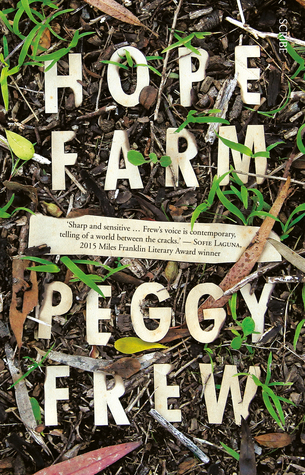
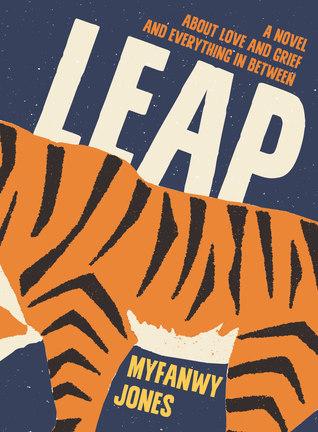
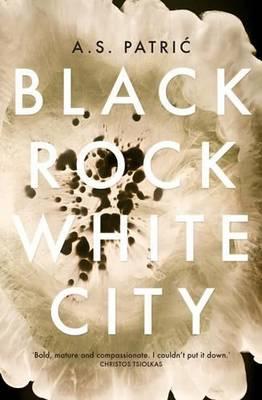
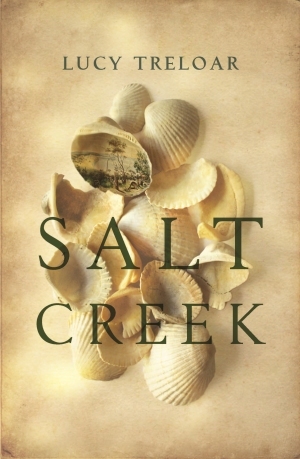
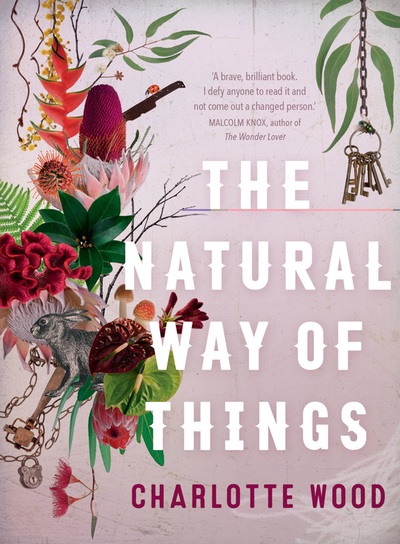
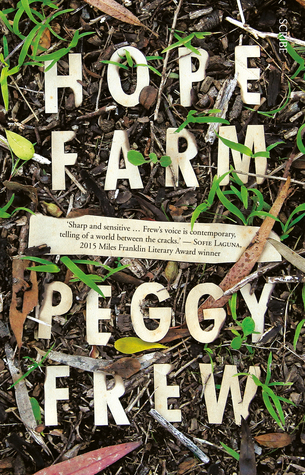
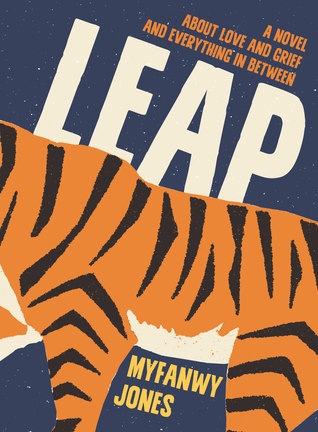
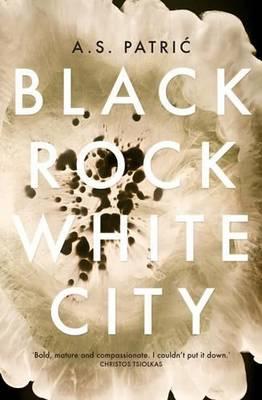
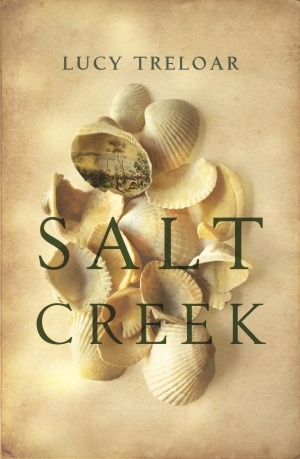
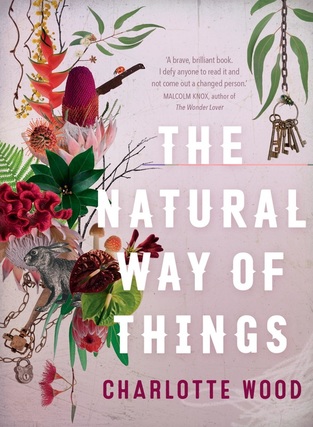
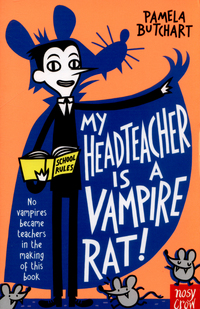
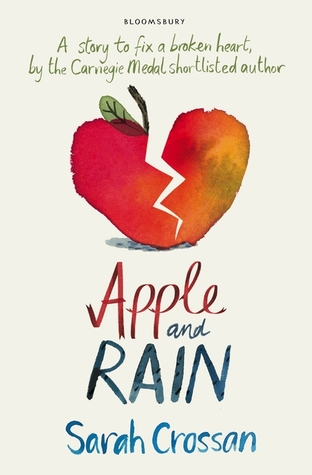
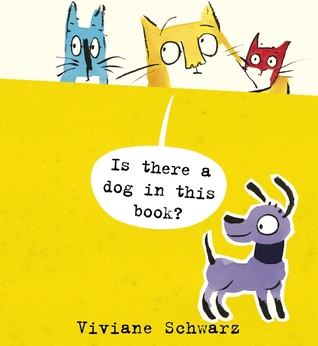
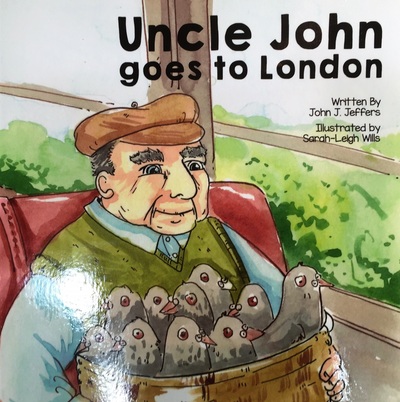
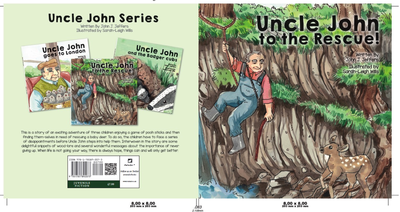
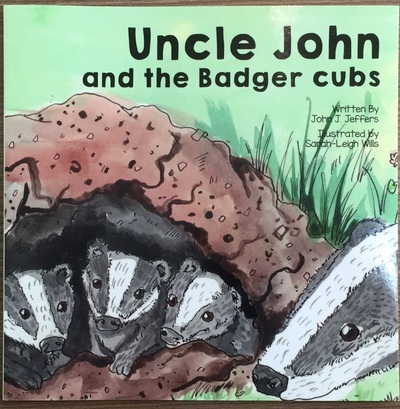
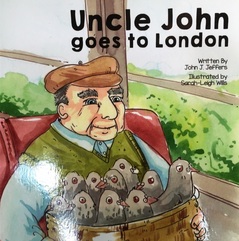
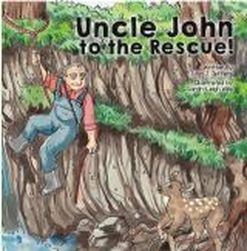
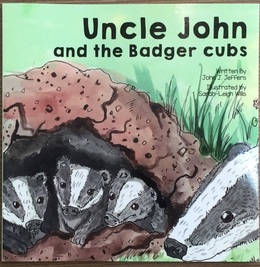
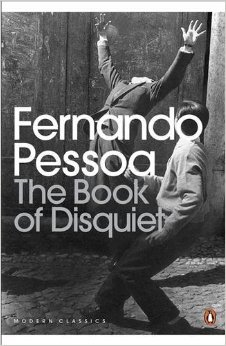
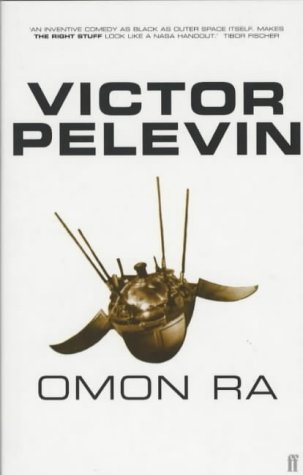
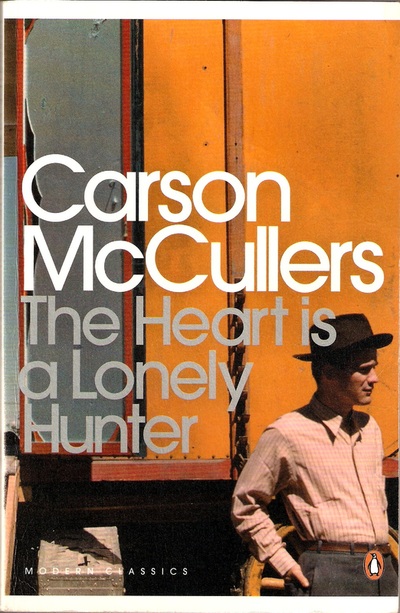
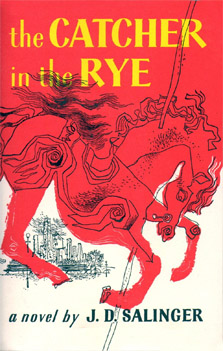
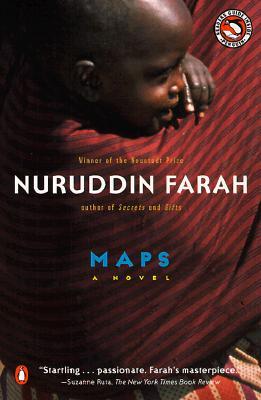
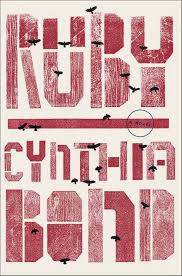
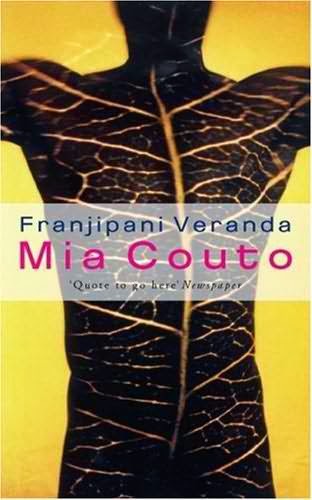
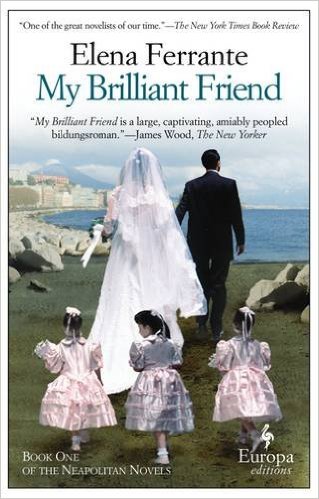
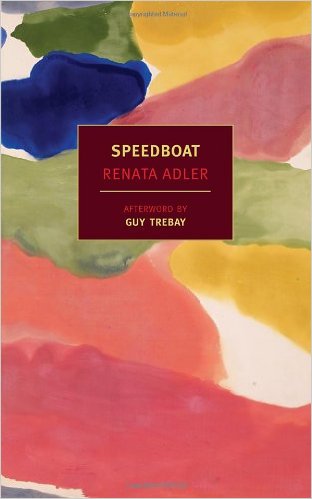
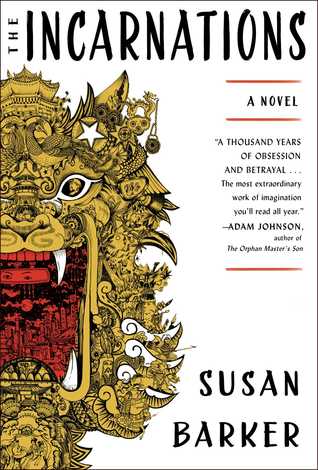
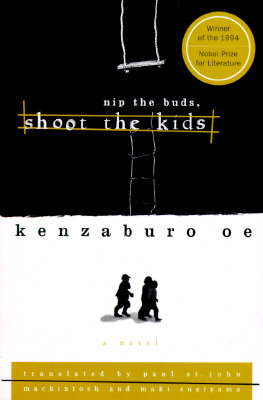
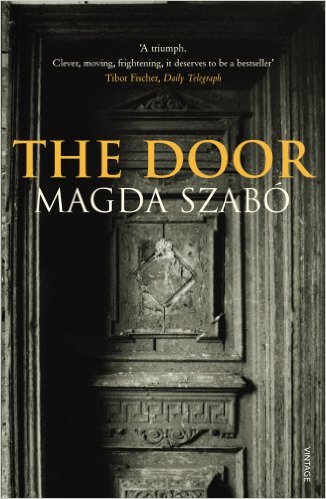
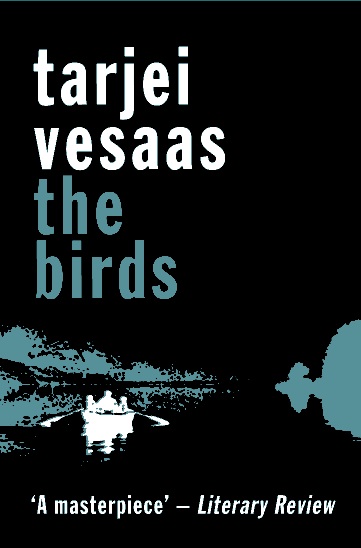
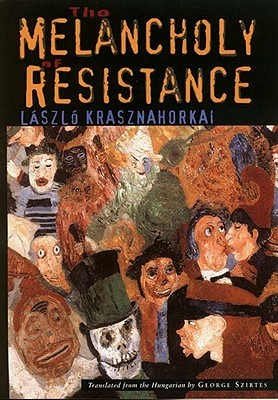
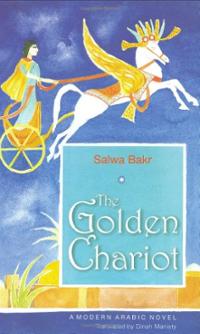
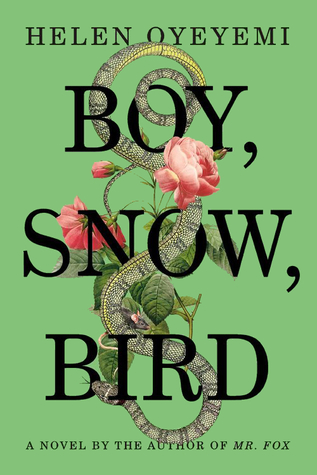
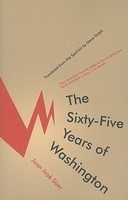
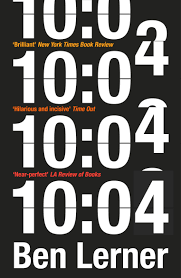
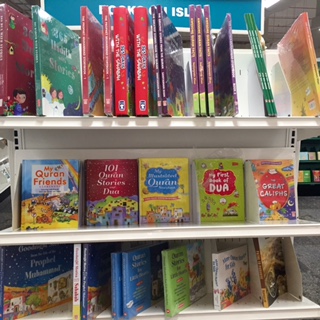
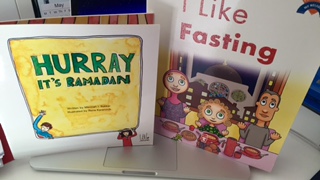
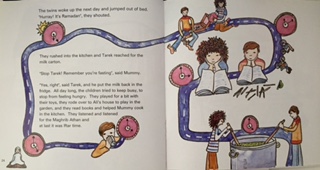
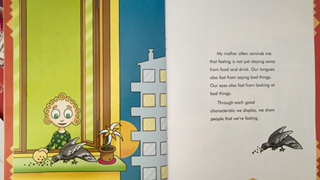
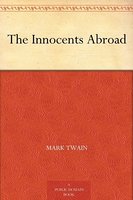
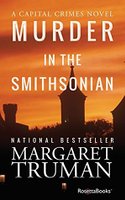
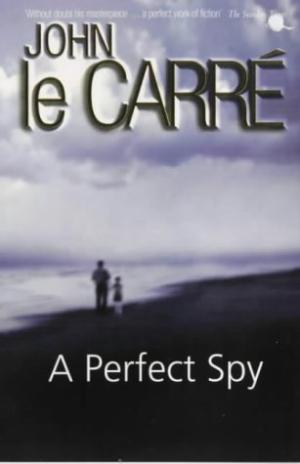
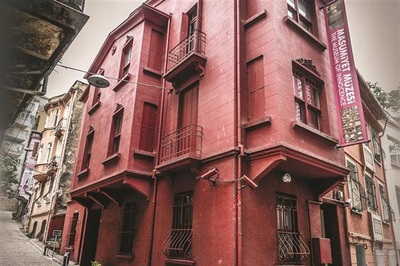
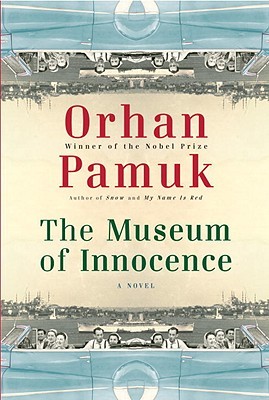
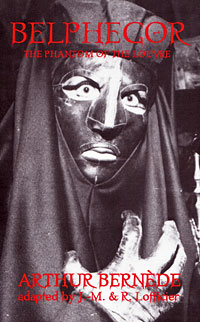
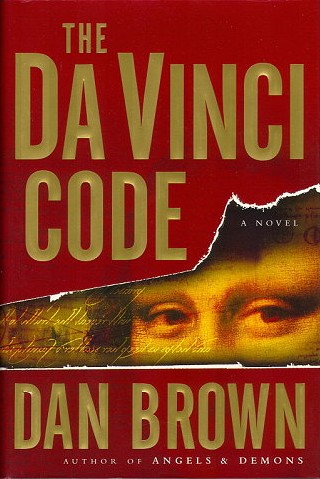
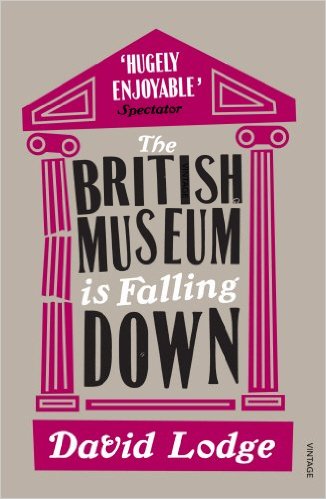
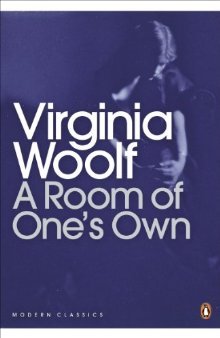
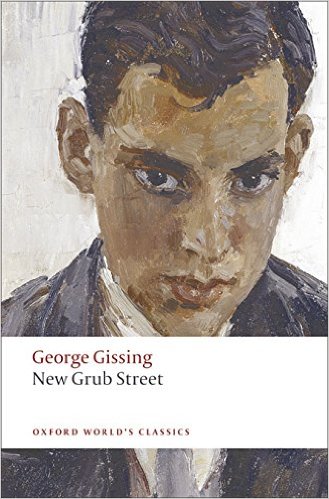
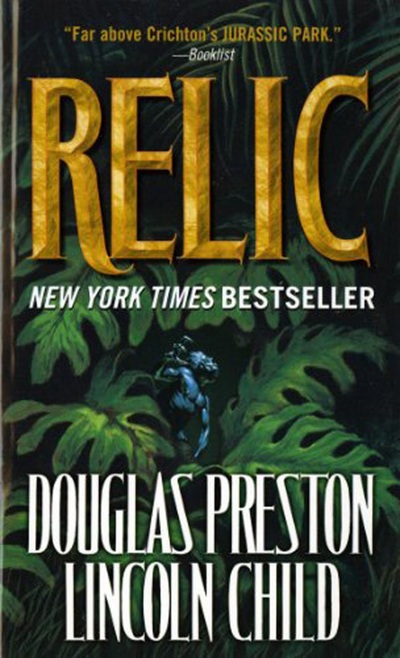
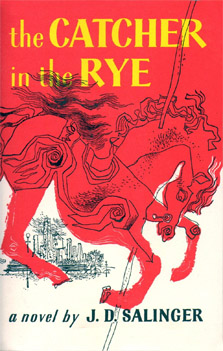
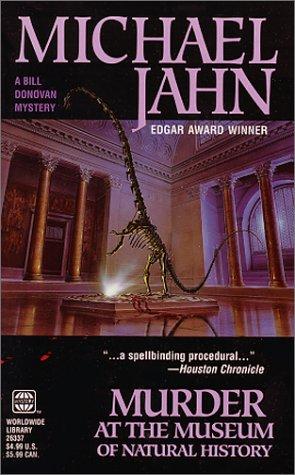
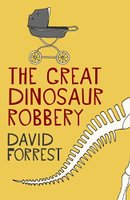
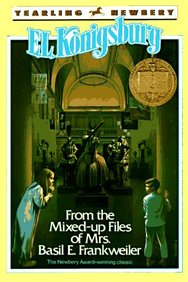
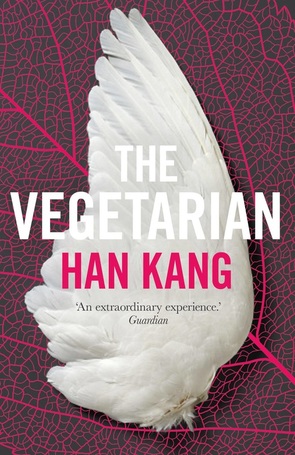
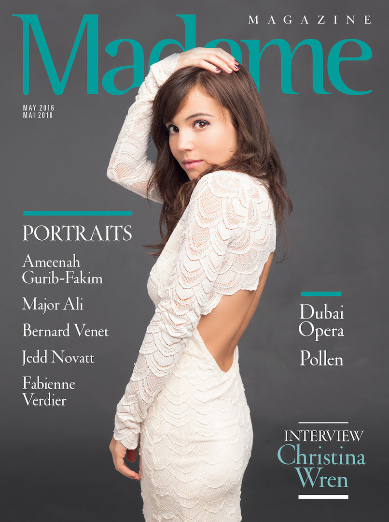
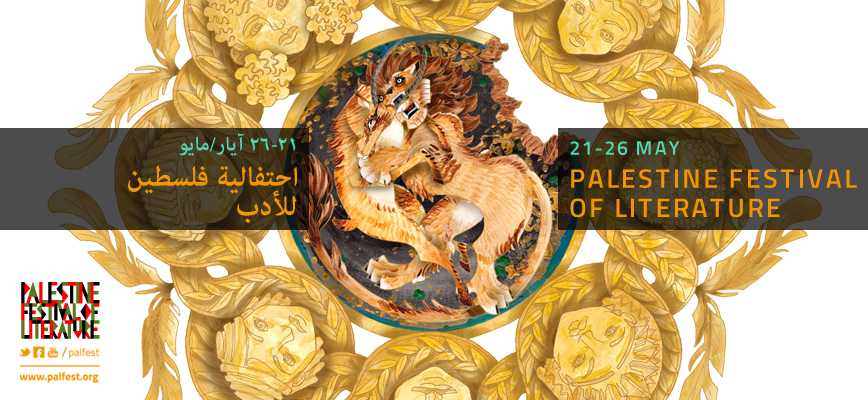
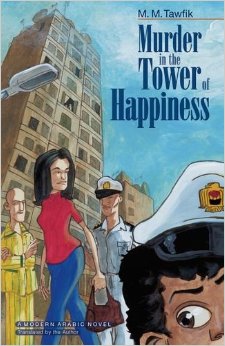
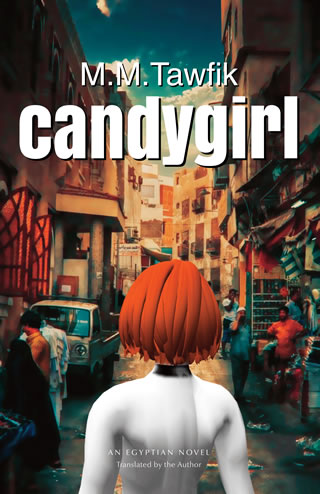
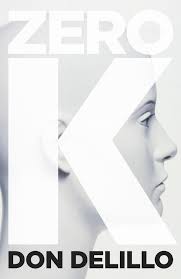
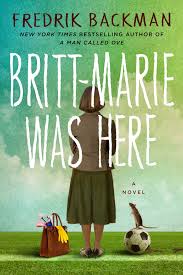
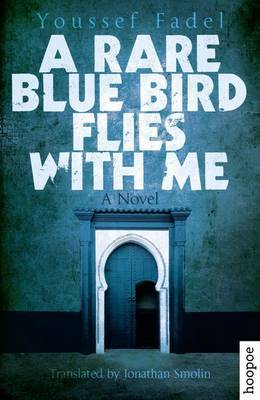
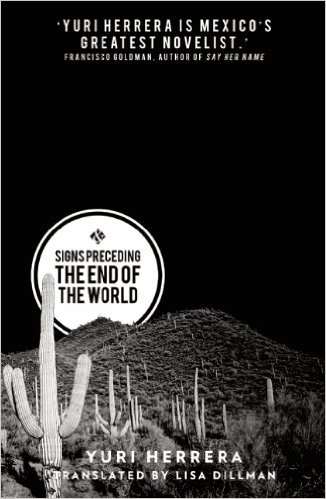
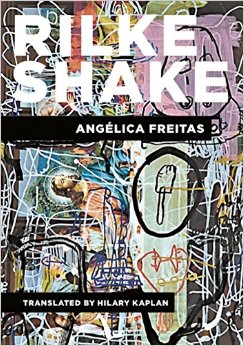
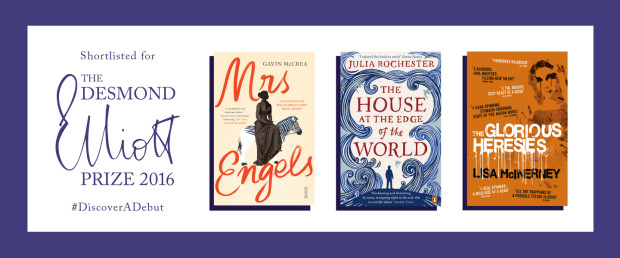
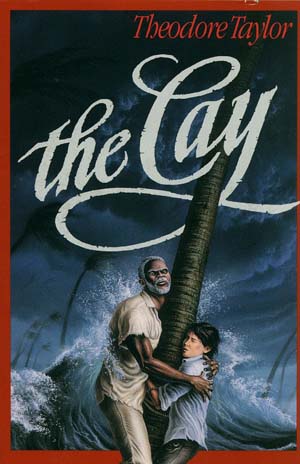


 RSS Feed
RSS Feed
